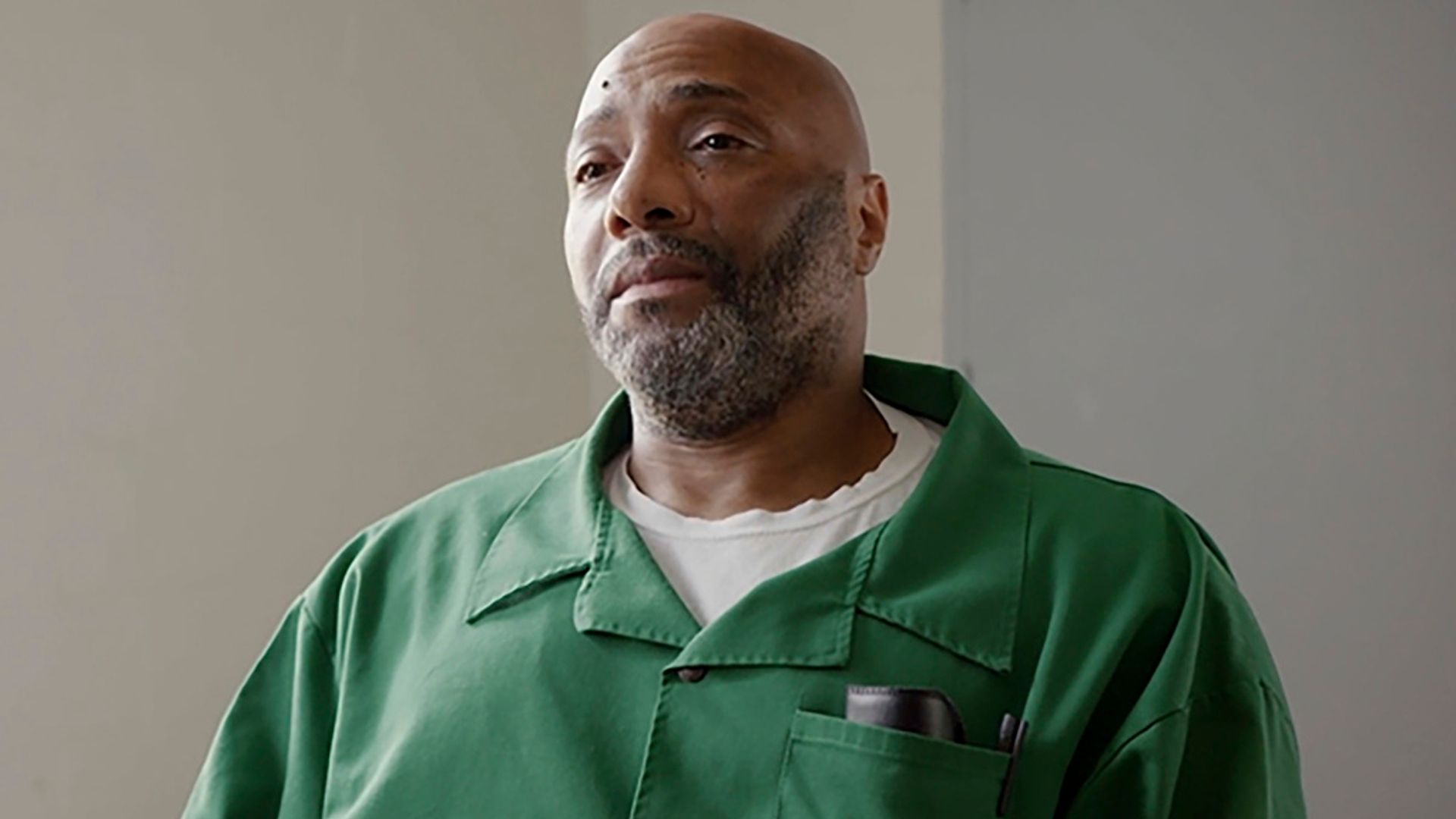
Dannel Malloy will continue in his role as chancellor of the University of Maine System for at least one more year after the system’s board of trustees renewed the former Connecticut governor’s contract on Monday.
The trustees voted in favor of extending Malloy’s contract for one additional year. In Malloy’s contract with the system that was set to expire at the end of June, but was extended by the executive committee of the board of trustees until July 11, the board could offer him a one-year extension a year before his contract was set to expire and then offer an extension annually resulting in a two-year rolling term, according to Malloy’s contract.
Board chair Trish Riley, who read from a statement before the board unanimously voted in favor of approving the extension, said the decision to keep Malloy in the top leadership position was not an easy one, but it was necessary to maintain stability within the system.
“The year will give the chancellor the opportunity to rebuild trust, increase transparency and sustain the momentum of needed change he has begun,” she said. “The year will also help us maintain stability as we look to fill several important leadership roles.”
Malloy’s new contract must meet a series of objectives developed by the board in concert with the chancellor, who must create a new communication plan, establish a “no surprises” relationship with board leadership and to report regularly to the board chair.
His future has been a topic of speculation in recent weeks following the bungled search for a new president of the University of Maine at Augusta that could end up costing the system nearly $700,000 over three years. Faculty from three of the system’s seven universities have cast votes of no confidence in Malloy’s leadership since the search, with faculty at the four others writing letters of support for those votes.
Malloy came to the system after two terms as the Democratic governor of Connecticut from 2010 to 2018. He chose not to seek reelection in 2018, closing out his tenure with a 21 percent approval rating in a July 2018 Morning Consult poll, the second-lowest in the country.
The hiring of a high-profile politician marked a departure for the system when it comes to its top leadership position. Past chancellors have typically been private-sector leaders or educators, like Malloy’s predecessor, James Page, who was the CEO of James W. Sewall Co. in Old Town and an adjunct philosophy professor at the University of Maine in Orono.
Under Malloy, the system moved from independent accreditations at each university to one single accreditation for the entire system, a move the system had been plotting since 1968. The New England Commission of Higher Education, a regional organization that evaluates whether colleges and universities are meeting basic quality standards, approved the move in 2020.
Accreditation is a stamp of approval by a regional evaluating agency showing that an educational institution meets a benchmark of quality. When a university receives accreditation, it means that its academic programs meet basic quality standards, that its facilities are sufficient for a college education and that it has a particular organizational structure.
The move to a single accreditation status has been a controversial one, with faculty from across the system raising concerns regarding how resources are shared and which priorities at what universities are chosen over others.
Malloy and system administrators argued that unified accreditation would allow the seven universities in the University of Maine System to share resources, faculty and services to a greater extent. But faculty have raised concerns that the model leads to less autonomy for individual campuses.
In recent months, Malloy has been the subject of multiple votes of no confidence from faculty across the University of Maine System.
The no-confidence votes in Malloy are part of a surge of such votes across the country. Seven of the past eight years have seen record-setting numbers of faculty no-confidence votes, according to the Chronicle of Higher Education. Last year saw faculty members at 24 campuses cast no-confidence votes, the publication said.
In the University of Southern Maine’s May no-confidence resolution, USM faculty said the university system rushed unified accreditation through without sufficient staff and faculty feedback and “without any clear vision or explanation as to how it improves upon the existing model for cooperating departments.” The result is an impression that unified accreditation is simply a means to shrink the faculty, the resolution said.
As the system was rolling out unified accreditation, it also introduced a change to retirees’ health benefits that quickly came under fire, as the system didn’t negotiate the changes through collective bargaining and gave little advance notice.
The change would have switched university system retirees from a defined benefit to a defined contribution health plan. The switch was expected to save the public university system $2.5 million annually, but retirees sued and the system continued with their existing plan in 2020.
Much of the focus of the critiques of Malloy’s leadership has been focused on the botched search for the next president of the University of Maine at Augusta. A new search for a new candidate for that position is expected to begin in the fall of 2022.
As part of the extension, Malloy will forgo his 2022 bonus and an increase in his 2023 salary, board chair Trish Riley said. His contract will expire in June 2023. His new salary for the next year is just over $380,000. according to Malloy’s new contract.
For Malloy and the system, there are a number of challenges ahead and the chancellor said he is ready to go back to the drawing board.
“Mistakes are troublesome and making the same mistake twice would be really bad,” Malloy said. “I want to make sure the system and future leadership is never in that situation.”










